Literary Contributions
Professor Hamid Ahmad Khan was a prolific author whose works spanned literary criticism, cultural analysis, and biographical studies. His writings on major literary figures and cultural topics remain influential in Pakistani intellectual circles.
Published Books
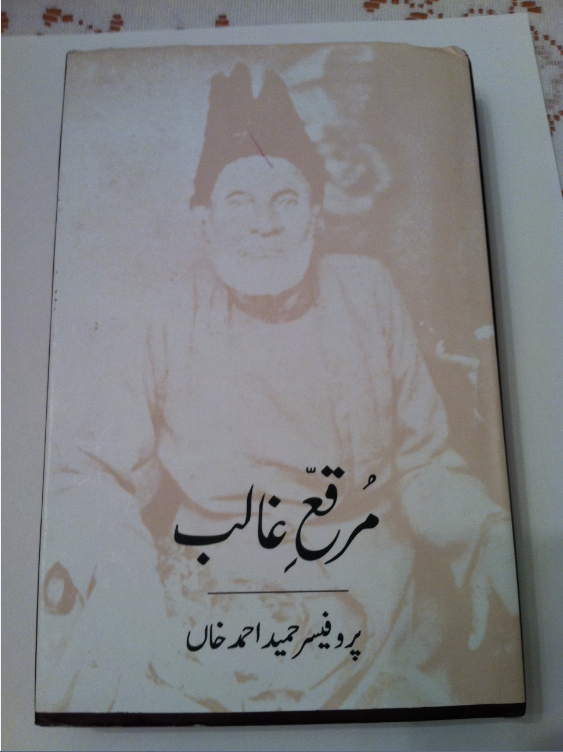
Ghalib: Life and Letters
2003
A comprehensive study of Mirza Ghalib, one of the greatest Urdu and Persian poets. This work explores Ghalib's life, poetry, and enduring influence on South Asian literature.
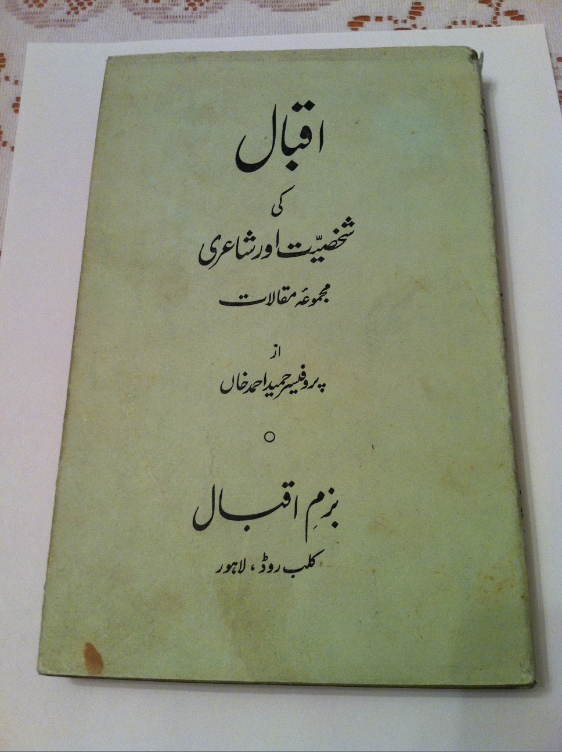
Iqbal: Poet-Philosopher of Pakistan
1975
An insightful analysis of Allama Muhammad Iqbal's poetry and philosophy, examining his role as the spiritual father of Pakistan and his contributions to Islamic thought.
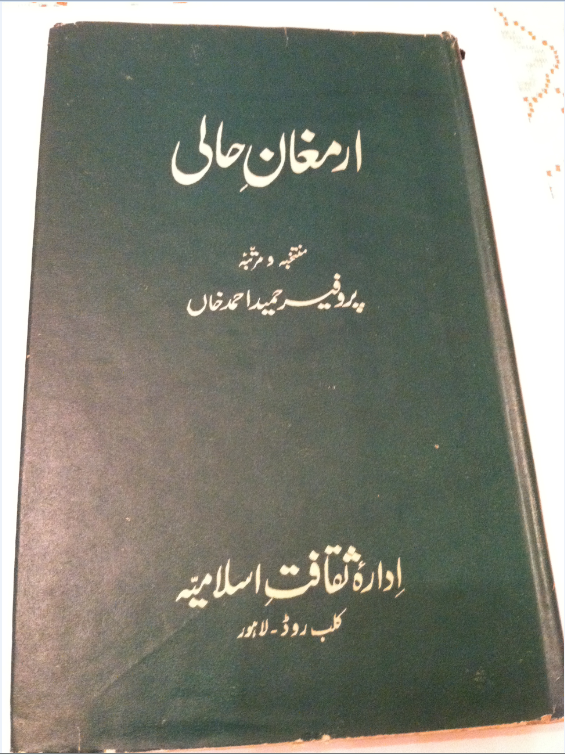
Hali: Life and Poetry
1971
A critical study of Altaf Hussain Hali, the pioneering Urdu poet and reformer who bridged traditional and modern Urdu literature.
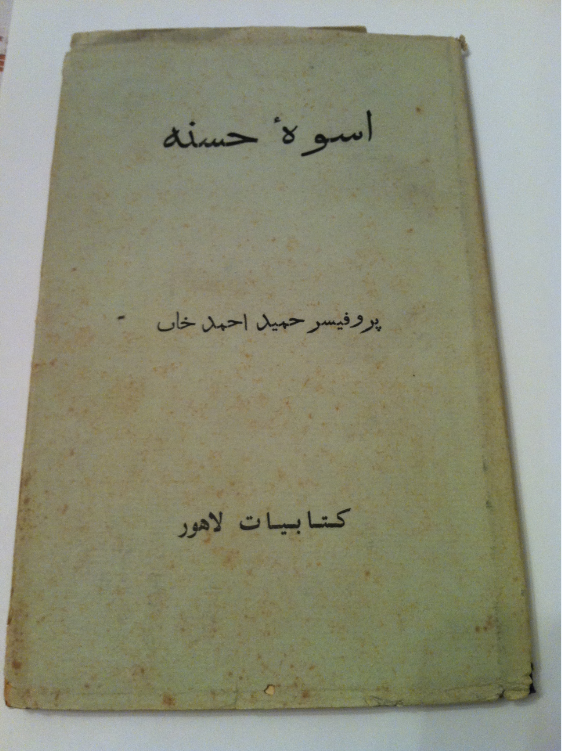
The Holy Prophet Muhammad
1966
A reverent and scholarly examination of the life and teachings of Prophet Muhammad (Peace Be Upon Him), written with both academic rigor and deep respect.
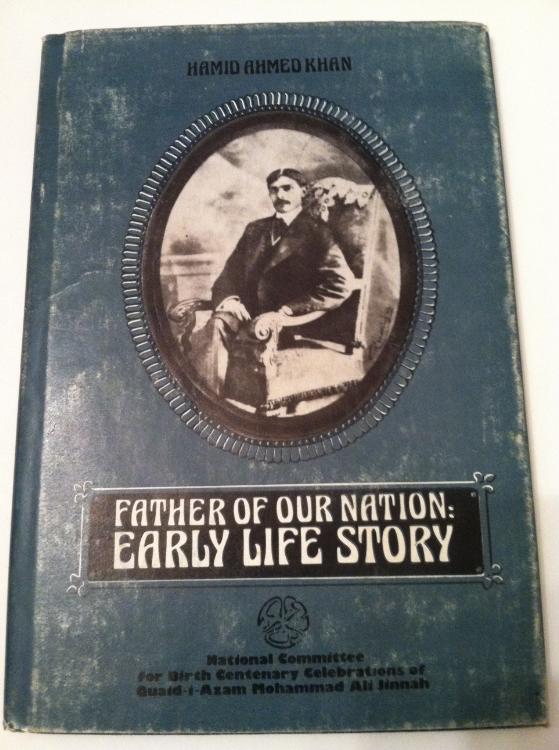
Quaid-e-Azam: The Founder of Pakistan
1976
A biographical study of Muhammad Ali Jinnah, the founder of Pakistan, examining his political vision and leadership during the independence movement.
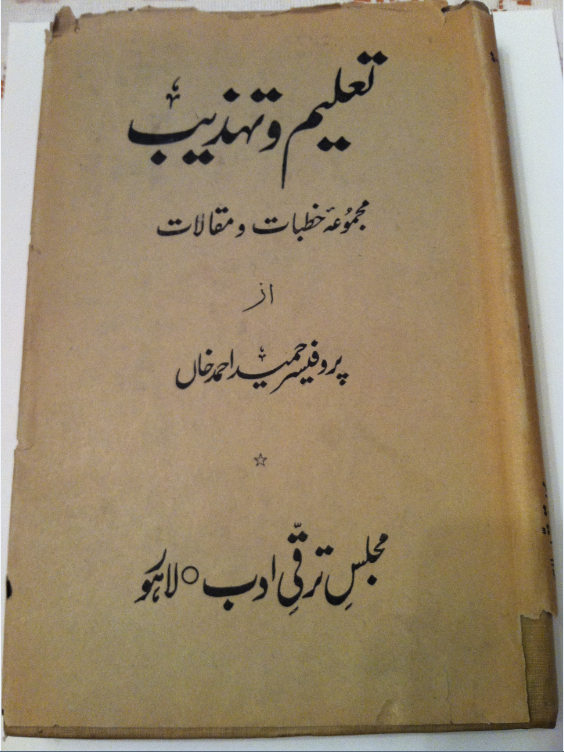
Essays on Education & Culture
1976
A collection of thoughtful essays addressing educational philosophy, cultural issues, and the role of universities in society. Drawn from Professor Khan's extensive experience in academic leadership.
Essays & Articles
The Question of Script
Published March 23, 1961
An important essay addressing debates about language and script in Pakistan, reflecting Professor Khan's engagement with cultural and linguistic policy.
Convocation Address at the University of Rajshahi
A significant address reflecting Professor Khan's educational philosophy and vision for higher education.
Read Address (PDF)Literary Impact
Professor Hamid Ahmad Khan's writings continue to be valued for their scholarly depth, clarity of expression, and ability to make complex literary and cultural topics accessible to readers. His work on Ghalib, Iqbal, and Hali remains essential reading for students of Urdu literature, while his essays on education continue to inform discussions about academic excellence and cultural preservation.